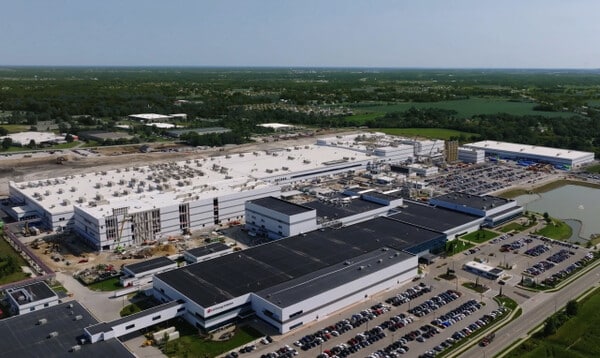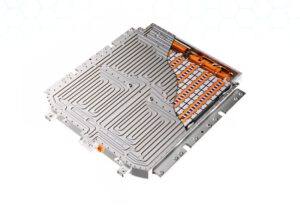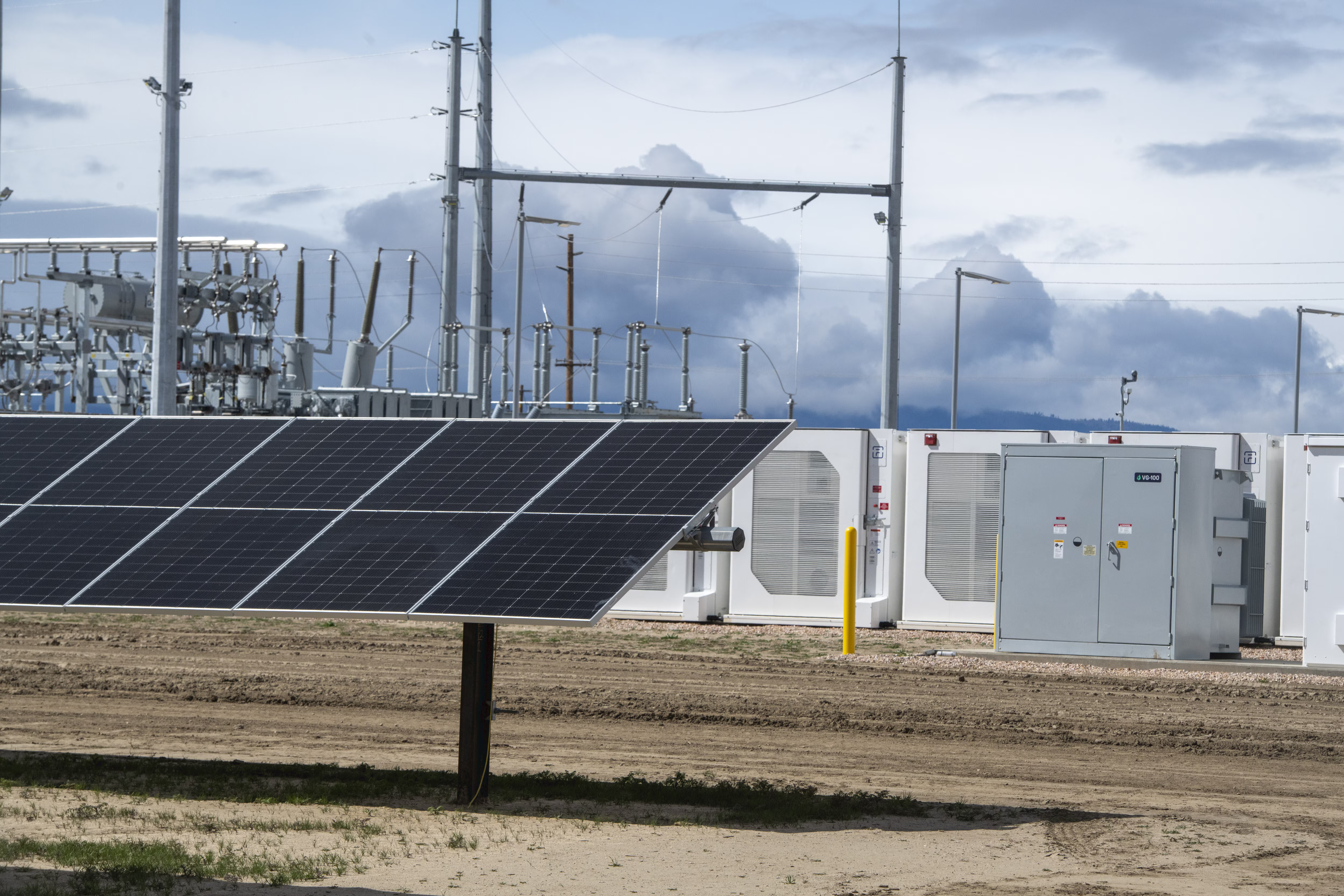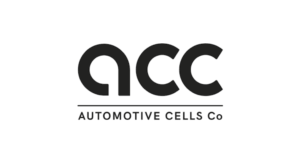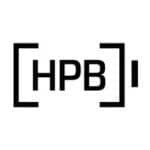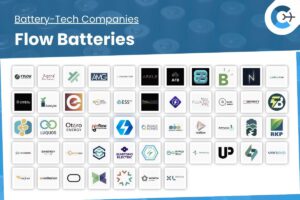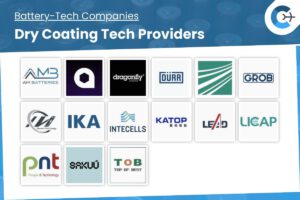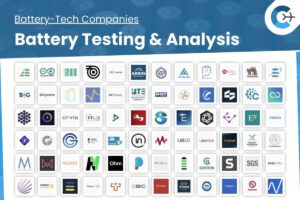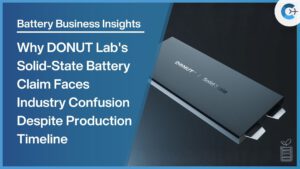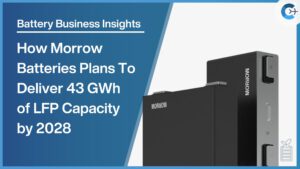The Korean battery manufacturers LG Energy Solution, Samsung SDI, and SK On are intensifying their focus on the energy storage system (ESS) market in the United States to navigate recent financial challenges caused by a temporary decline in electric vehicle (EV) demand. This strategic shift aims to leverage the U.S. government’s stringent tariffs on Chinese batteries, providing an opportunity for these companies to strengthen their presence and compete more effectively in the North American market.
In the first quarter of the year, LG Energy Solution reported an operating profit, differentiating itself from its peers. The company’s sales increased by 2.2% year-on-year to 6.265 trillion won, and its operating profit surged by 138.2%, reversing a loss of 225.5 billion won from the previous quarter. This improvement is attributed to LG’s early establishment of production facilities in the U.S. and the receipt of 457.7 billion won in Advanced Manufacturing Production Credit (AMPC) subsidies under the Inflation Reduction Act. Without these subsidies, LG would have faced an operating loss of 83 billion won.
Conversely, Samsung SDI and SK On continued to report operating losses in the first quarter, despite receiving AMPC subsidies of 109.4 billion won and 170.8 billion won, respectively. Samsung SDI experienced a loss of 434.1 billion won due to significant inventory adjustments by automakers in response to decreased EV demand. SK On also reported a loss of 299.3 billion won under similar market conditions.
Looking ahead, the Korean battery firms anticipate ongoing difficult business conditions into the second quarter, influenced by both the EV demand slump and U.S. tariff policies. Lee Chang-sil, chief financial officer (CFO) of LG Energy Solution, said in a conference call, “In Q2, due to policies such as tariffs, automakers’ overall inventory management stance is expected to be conservative, making a certain level of sales decline inevitable compared to the previous quarter.”
The ESS market is viewed as a promising avenue for growth, driven by the expansion of renewable energy sources and advancements in artificial intelligence industries. According to SNE Research, the global ESS battery market is projected to increase from 300 GWh this year to over 610 GWh by 2035, with an average annual growth rate of 7.7%, and is expected to reach a market size of $39.5 billion by 2030.
In response to the high tariffs imposed by the U.S. on Chinese ESS batteries, Korean companies are accelerating the establishment of local production facilities. LG Energy Solution is reorganizing its supply chain to produce lithium iron phosphate (LFP) batteries at its Michigan facility, ahead of schedule. SK On is considering converting some of its Georgia-based EV battery production lines to ESS LFP production, while Samsung SDI is exploring the establishment of additional ESS battery production lines in the U.S. These moves are intended to enhance competitiveness and capture the growing demand for ESS solutions in the region.
Source: Business Korea

